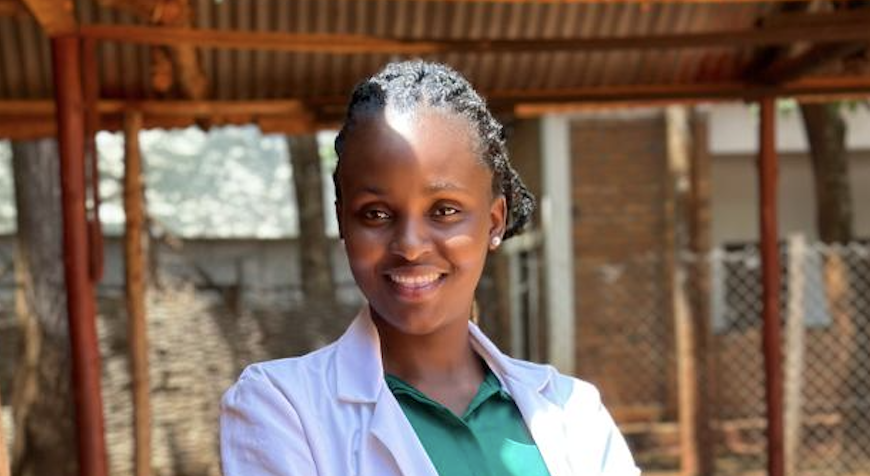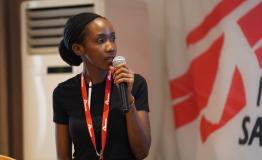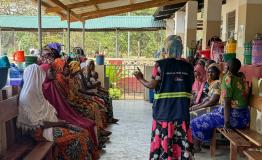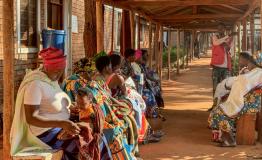Four years ago, I arrived at the Nduta refugee camp in western Tanzania, a shelter for Burundian refugees who have fled war. Here, Médecins Sans Frontières/Doctors Without Borders (MSF) provides medical services for refugees and the surrounding host community through both outpatient and inpatient services.
Nduta camp bustles with life, yet the weight of displacement hangs heavy. Here, I wear many hats. One day, I may be attending to a child in the outpatient clinic and suddenly I am needed to assist in the maternity ward, witnessing the miracle of new life amidst hardship. All these as well as carrying out minor surgeries and consultations for patients with both communicable and non-communicable diseases, fill the rest of my days.
With the four years of services some challenges have been faced, one lacking surgical service in our facility that necessitates clients with emergency conditions that need surgical interventions including maternity cases to be transferred to district hospital which sometimes may prolong time to receive immediate care. Many patients require emergency surgery, but our center lacks this service.
Non-communicable diseases (NCDs) like diabetes, hypertension, sickle cell disease and mental health illnesses have been the leading cause of morbidity and mortality worldwide including Tanzania. This has been a challenge to the surrounding host community with high number of people. Treating these often-expensive conditions adds another layer of complexity. MSF has been able to provide free medical care to all patients via the NCD outpatients clinic. Those who require admission receive care, are stabilized and later enrolled in outpatient clinic for follow up.
W offer free health care to people who otherwise would not afford it. Working alongside the Tanzanian Ministry of Health, we adhere to national medical guidelines and have a team of doctors, nurses, paramedics and even international trainers who share their expertise.
The journey hasn't been easy. Nduta is far from my home in southern Tanzania and access to healthcare is limited. But the challenges are outweighed by the purpose I find in humanitarian work. Here, I'm not just a doctor; I'm a part of something bigger, offering a helping hand to those in need. These refugees carry a heavy burden – physically and mentally. As a doctor, being able to listen, diagnose, treat, and ultimately cure them is a privilege
My inspiration came from the countless images I saw while growing up – people ravaged by war, natural disasters, and malnutrition. Their suffering was evident, and I yearned to be a part of the solution. During my internship, I witnessed MSF in action, and a seed was planted. I vowed to join them one day and use my skills to help alleviate the suffering I'd seen.
While working in a hospital setting has its merits, for now, my vision and mission lie in humanitarian work. Sharing my knowledge and serving the people population brings immense joy. There's no conflict in serving both communities. Refugees have an opportunity to receive treatment, and the host community enjoys the same quality care with no animosity.
For me, Nduta is not just a workplace; it's the realization of a dream. Here, I contribute to a world where refugees and vulnerable communities feel valued and cared for. Each recovered patient, each mother safely delivering her child, becomes a testament to the transformative power of humanitarian aid.
By working together, we can make the world a better place. We can ensure that vulnerable populations, like those here in Nduta, feel seen, heard, and valued. This is the essence of humanitarian work, a mission I am committed to continuing and a constant reminder of the importance of quality healthcare for all.



